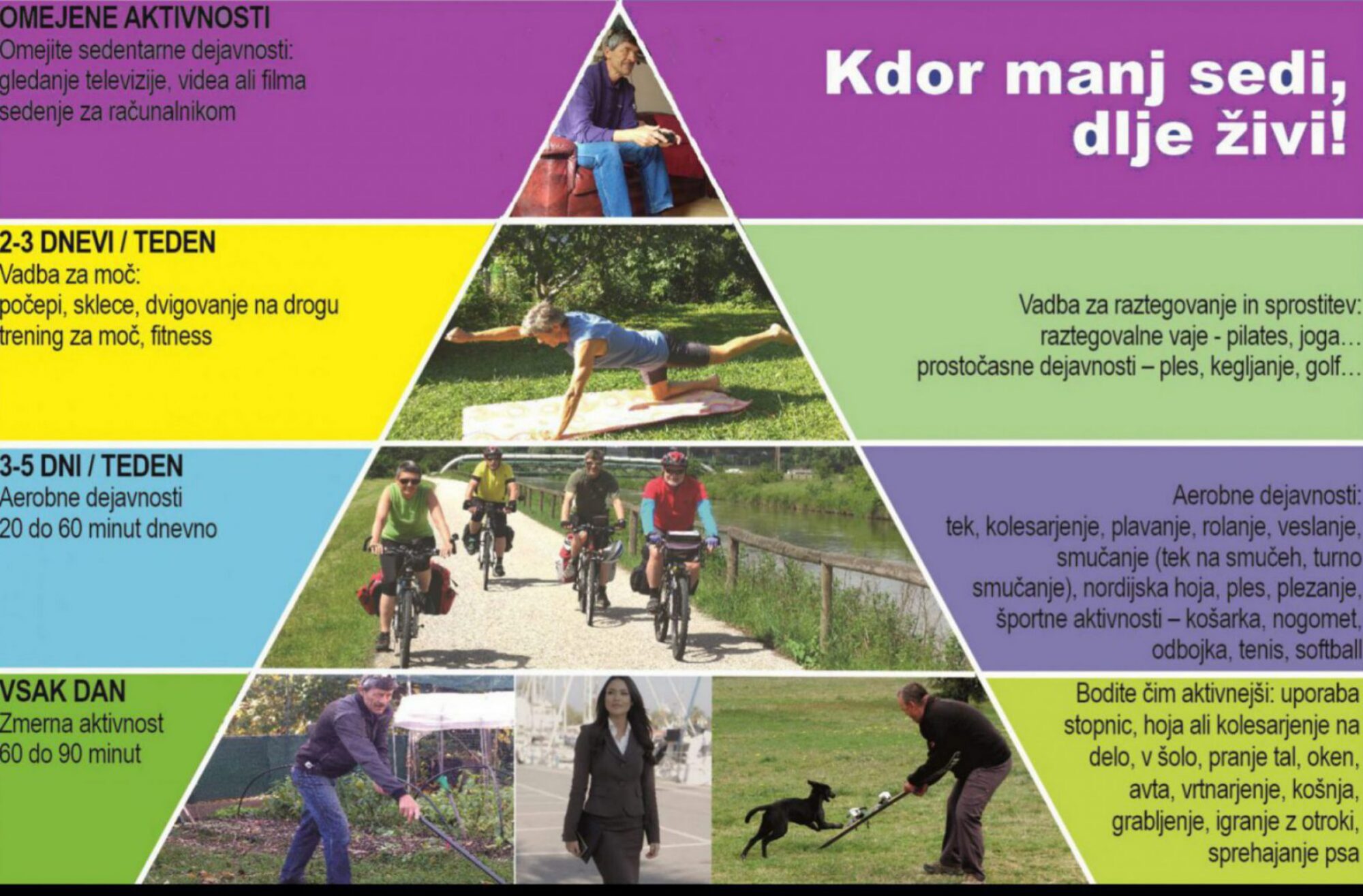White crystalline powder was already known to the ancient Egyptian. 1791, French chemist Nicolas Leblanc produced sodium carbonate, also known as soda ash. In 1846, two American bakers, John Dwight and Austin Church, established the first factory in the United State. Baking soda is almost indispensable today. It is used in healthcare ( antacid ), It is used in healthcare, … 1,6
The simple ingredient present in most kitchens 3 may be the key to improved athletic endurance. Baking soda, or sodium bicarbonate, can prevent fatigue that overwhelms your muscles when you work to a high intensity for longer than one minute. Runners, bikers, tennis players, swimmers and other athletes may benefit from supplementing with baking sodium. Baking sodium – Sodium bicarbonate (NaHCO₃) is actually a popular workout supplement, but caution should be employed when consuming it. According to the American College of Sports Medicine, sodium bicarbonate is among the leading ergogenic aids. Athletes and individuals participating in vigorous exercise are using baking soda to help delay muscle fatigue and improve performance.
How It Works
According to research, taking sodium bicarbonate (NaHCO₃) before exercise helps to flush metabolic byproducts from the muscle tissue. 2
During high-intensity workouts, our body releases chemicals into the muscle tissue. Metabolic byproducts like lactic acid and hydrogen form in the muscle cells. While most of the byproducts are buffered, some do remain in the muscle cells, creating an acidic environment. Acidity is directly related to pH levels in our bodies. Increased acidity alters pH levels causing our muscles to burn and feel fatigued. Baking soda buffers the effects of lactic acid, so you can go longer, theoretically, than you would without the supplement.
Research
Research on the positive effects of baking soda on athletic performance dates back to the 1930’s 13), but much of the buzz surrounding the potential of baking soda as an endurance supplement comes from a small study of tennis players published in the 2010 issue of the “Journal of the International Society of Sports Nutrition.” 4 .
Anaerobic exercise induces mild acidosis, which can decrease performance, but it’s possible to combat this by consuming baking soda. Doing so reduces the acidity of the blood, which in turn, normalizes the cellular tissues. Theoretically, the consumption of baking soda should work for resistance exercise just like it does for intense cardio work. Resistance exercise increases acidity just like cardio exercise does, but the acidity increase may be more localized to the muscles being worked.
Baking soda can induce alkalosis, which is the opposite of acidosis, or increased acidity in your body. If the pH of your blood and cellular fluids changes much beyond normal, your performance will suffer.
Results
Findings in study from 1995 indicate that sodium bicarbonate can have efect ergogenic upon 1500 m runner. 8
The data from study in 2019 suggest that supplementation of NaHCO3− at the level of 0.2 g/kg body mass before HIIT training enhances the effect of HIIT on anaerobic performance, and improves the blood lactate clearance rate and the blood lactate clearance velocity following anaerobic exercise. 9
NaHCO3 ingestion significantly improves continuous constant load cycling capacity by 17% at 100% WPEAK . 14
Ingestion of one single NaHCO3 dose per day before the competition during multiday competitions or tournaments might be a valuable strategy for performance enhancement. 10
Baking soda is an inexpensive way to possibly enhance efforts to increase speed and power when working at your lactate threshold – the point where your muscles usually burn so much you have to slow down. Deitrick’s research shows that taking baking soda about 90 minutes prior to competition is most effective. Most athletes benefit from a 20-gram serving. ESPN suggests mixing 4 cups of water with 1/2 teaspoon of baking soda, a teaspoon of sea salt, a few tablespoons of agave nectar and a tablespoon of citrus juice for a postworkout drink to enhance recovery.
Concerns
A review of studies published in the July 2012 issue of the “Journal of Strength and Conditioning Research” found that baking soda offered less in terms of performance improvement for well-trained athletes than for recreational athletes.
The ingestion of sodium bicarbonate (NaHCO3) to improve short duration, high
intensity exercise performance is widely practiced in elite athletics, rowing and
track cycling. However, gastrointestinal (GI) distress is a common side-effect of
NaHCO3 supplementation which has been suggested to mitigate the performanceenhancing potential of NaHCO3 supplementation.
For many, baking soda can cause serious side effects that may impair performance, such as gas, bloating and diarrhea.
REFERENCE:
1. Baking soda and 18 examples of using
2. How Baking Soda Can Improve Athletic Performance, 2020:
3. Baking soda: Use it for health and cleansing
5. 1-1-2010 ISSN exercise & sport nutrition review: research &
recommendations
6. Health benefits of baking soda
8. The effect of sodium bicarbonate ingestion on 1500‐m racing time
10. Multiday acute sodium bicarbonate intake improves endurance capacity and reduces acidosis in me
12. Is Bicarbonate of Soda a Performance-Enhancing Drug?
13. Practical Considerations for Bicarbonate Loading and Sports Performance
14.The effects of sodium bicarbonate (NaHCO3) ingestion on high intensity cycling capacity

50 BAKING SODA TRICKS YOU CAN’T LIVE WITHOUT
Sodium bicarbonate augments extracellular buffering capacity, having potential beneficial effects on sustained high-intensity exercise performance.
ttps://journals.humankinetics.com/view/journals/ijsnem/28/2/article-p104.xml